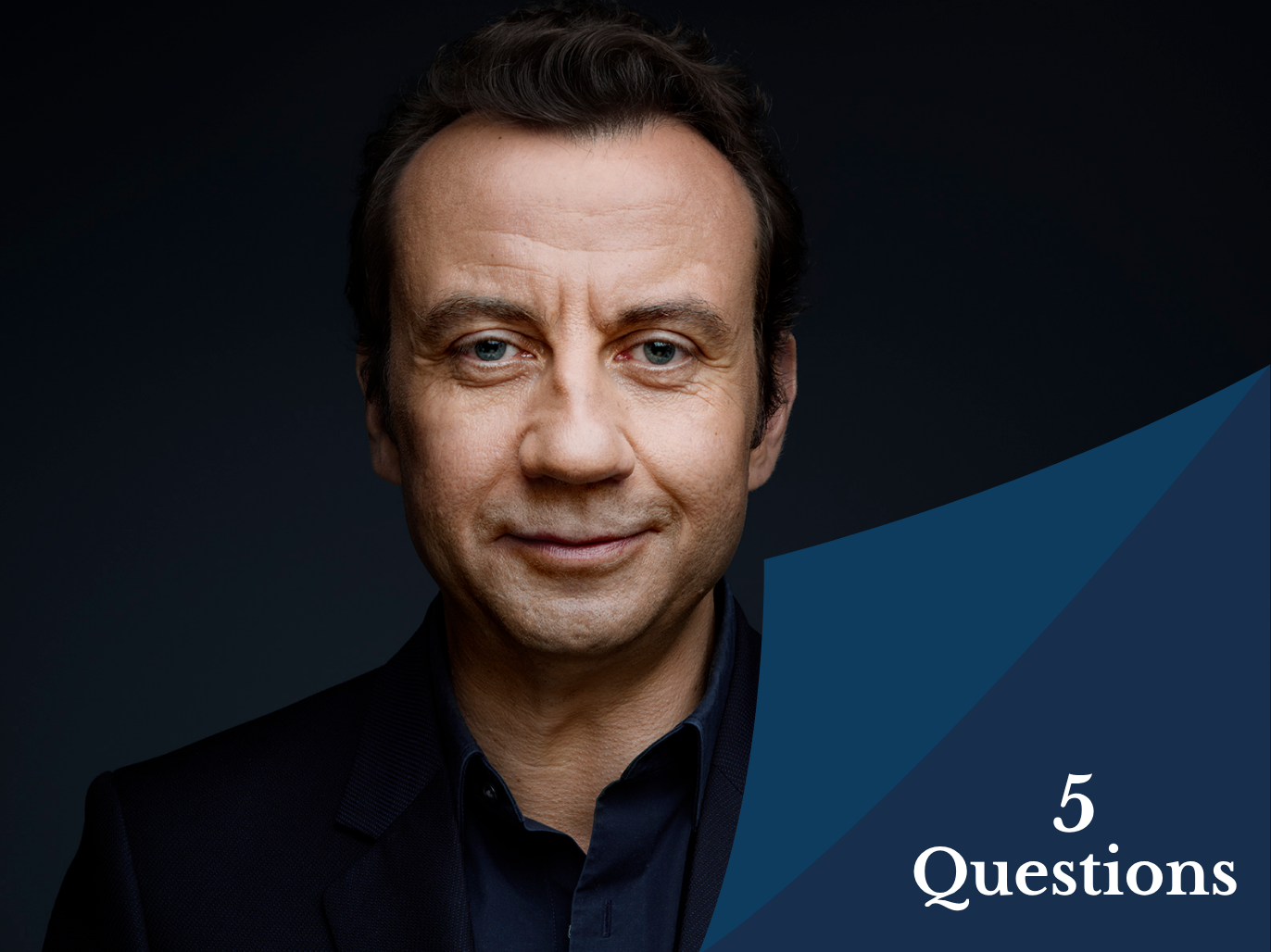How do you keep innovation alive in a festival with more than 30 years of history?
Hopefully we have this challenge in front of us, because we know very clearly that we have to extend the audience — but also to renew it.
Every festival is getting older with its audience, by definition. And vice versa. Especially after 32 years. ’94 marked a generation of public that popped up with the festival — they were 20, 30, 40 years old. But they are 32 years older today.
So of course our wish, our goal, our need is to convince new people to come to the festival. But I think it’s a good moment for that, especially because of the performing arts effect, which is bigger than ever.
The more the world becomes digital, virtual, social media-driven, full of fake news… the more people will look for authenticity. Real emotion. Real connection with the artist. Real opportunities to dream, to fill your life and your brain with something true and high quality.
For me, that’s why there are so many people in concert halls — in every musical genre, not only classical music. There’s a clear necessity to reconnect with the truth. And the artists are the best ambassadors for that. To make your life better, to bring a new perspective, to help you dream bigger.
So I think we have a momentum — a very positive one — for developing, for innovating. And what is really interesting, and it’s an opportunity, not a risk, is that for the first time in classical music history, we are in front of a public that is not educated to classical music. That’s new.
Before, it was always a kind of social marker, transmitted by tradition, by education. Kids were learning an instrument, or dancing for the girls. All the clichés, you know — but it was really rooted in tradition.
Today, people have fewer references. The traditions are more vague. They didn’t receive that institutional training, and sometimes they don’t even know exactly what we’re talking about.
The way people listen to music has also completely changed. Before, we had full recordings of a work and now people listen to playlists with excerpts. The rules of the game have totally changed. But the good news is: more people have access.
Before, it was only for connoisseurs: a limited number of people. The bourgeoisie, or for corporate events. You know, when a CEO wanted to invite his clients, he had his lodge at the opera.
Now, the new tech generation, the new entrepreneurs, they don’t care about Carnegie Hall or the Verbier Festival. They care about Taylor Swift at Madison Square Garden.
But at the same time, thanks to streaming and playlists, there is a new generation, maybe not so well educated about Boulez, Bach or Chopin, but they respond to the emotion. To the power of music.
So the potential of newcomers, of listeners, of music lovers, is much bigger. Our job at the festival is to reach them and to open the conversation with them, through the storytelling, through the verbatim they want.
That’s why I’m super optimistic about our capacity to renew the public. Because the starting point will never change: people need human experiences. That special, extraordinary emotion of a guy performing on stage. It’s… la vérité(the truth). No bullshit.
You are naked on stage, in front of 2,000 people. And if you don’t create something totally magical, unforgettable, the public will be very severe. Very tough. So both sides know it’s a historic rendezvous. And it works.
Classical music — the music is so good, so strong. It’s like a painting, or a book. You don’t need to be educated to understand the huge power of Shakespeare, or Van Gogh. You just get it.
You say, “Pshhh. I feel something. I don’t know anything about it, but I know it’s good material.” That’s enough to open the door. That’s Bach, for example. “Oh, wonderful, this guy was playing a harpsichord.” So yes — the key is reaching out to the younger generation.

